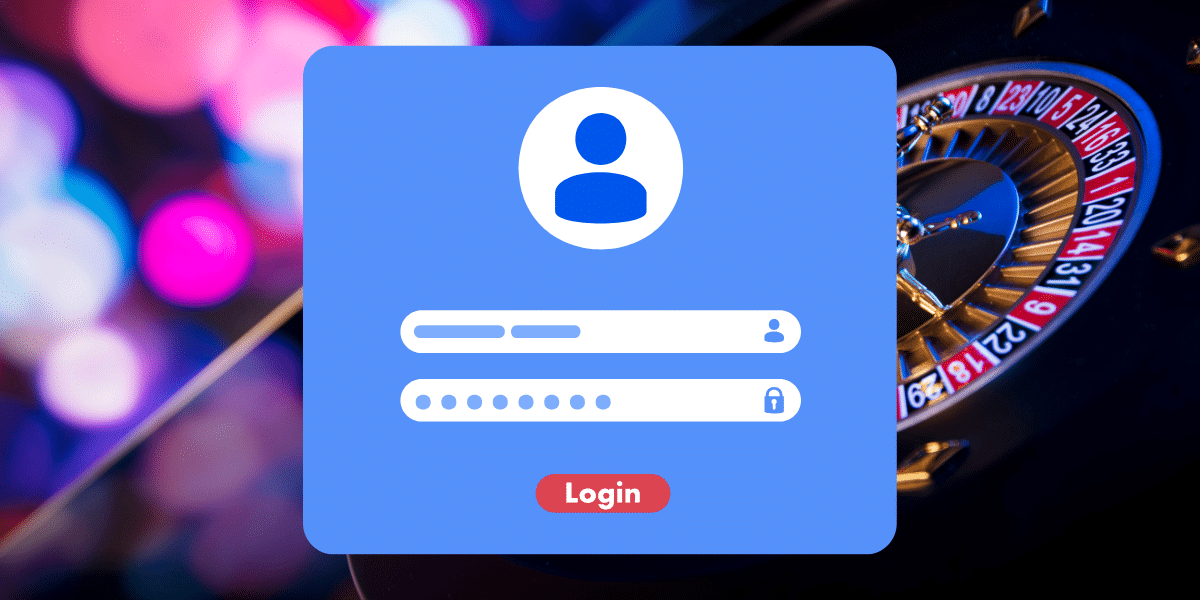It’s always a little scary to share personal information online, especially when money is involved. As online casinos become more popular in India and around the world, players are right to be worried about whether their information is safe.
The online gambling business is growing quickly, and how platforms protect user data has become one of the most important things for many users. So, are players’ information really safe, or is there more to the story than what casinos say?
How Modern Online Casinos Protect Your Information
The good news is that well-known online casinos have spent a lot of money on high-level security. In fact, the best platforms today are more like banks than places to have fun. They use advanced encryption systems that mix up your data as soon as you type it in. This means that if someone tried to steal the data, they would only see gibberish instead of your information.
When you go to secure websites, you probably see a small padlock icon in your browser. That’s SSL or TLS encryption working, and it’s the same technology that online casinos use to keep your logins, deposits, and identity documents safe. These platforms also protect their internal data from unauthorized access by using strong firewall systems on their servers.
The fact that international data protection laws are becoming more important is another thing that gives me peace of mind. A lot of online casinos follow global rules like GDPR, which require businesses to be open and careful with your personal information. These rules say how much data casinos can collect, how long they can keep it, and what they can do with it. They have to tell you every step of the process, so you know exactly where your information goes.
Why Licensing Authorities Are More Important Than You Think
The casino’s license is one of the most important but often overlooked parts of online safety. You might think that badge at the bottom of the page is just a small detail, but it means a lot. The Malta Gaming Authority and the UK Gambling Commission are two examples of regulators that do a lot more than just let businesses run. They closely examine a casino’s safety measures, how it handles payments, the reliability of its software, and how it stores customer information.
These people also make sure that casinos don’t mix customer money with their own. This is another way that they protect your financial information. They don’t just get one approval, either. To keep their license, licensed casinos must pass regular audits and system reviews. No legitimate casino wants to lose its license, so if it doesn’t protect its customers’ data, it could lose it completely.
They also want casinos to do Know Your Customer (KYC) checks on their players to make sure they are who they say they are. Some users may find these steps annoying, but they are there for a reason. You can’t use someone else’s name to get into the system without permission. This stops identity theft and scams.
Continuous Security Risks
Even with all the new tech, there are still risks. People who run casinos without licenses or who don’t keep an eye on them well cause some of the biggest problems. Not having close watch over these sites could make them less safe, as security holes could appear. Their players’ information could be stolen or used to make money if they ask for too much of it or don’t keep it safe enough.
No platform can protect you if you use a weak password or play on a public Wi-Fi network that isn’t secure. Phishing attacks are still a common trap. Scammers make fake casino websites or send fake emails to steal login information. These attacks work most of the time, not because the casino’s system is weak, but because users give away information without knowing it.
Third-party services that work with casinos, like payment processors or marketing partners, can also be risky. Most of the time, good casinos work with trustworthy companies, but smaller ones might not be as careful, which could make the overall security chain weaker.
It’s important to remember that most data breaches in online gaming are caused by problems on the user side, not problems with the casino system. Casinos are getting better at protecting themselves from hackers as security technology gets better.
How Players Can Make Their Own Security Stronger
Casinos do a lot to protect players’ personal information, but players can also do simple things to make their time online safer. The first and most important thing to do is to pick a casino that is licensed. It only takes a few seconds to check the casino’s license number and regulator information, but it can save you a lot of trouble.
Having strong passwords is also very important. To keep people from getting into your account without permission, use a mix of characters, avoid combinations that are easy to guess, and don’t use the same password twice. A lot of casinos offer two-factor authentication, and turning it on adds a lot of extra security.
Players shouldn’t use public Wi-Fi to log into online casinos because these networks are easier to hack. Keeping your devices up to date, especially your antivirus and browser software, makes it less likely that malware will disrupt your session.
You should also read the casino’s privacy policy. It’s not the most interesting thing to read, but it tells you how your data is stored, how long it’s kept, and what steps are taken to keep it safe. Knowing these things helps you make better decisions about where you want to play.
A Safer Future for Playing Games Online
Online casinos are much safer now than they were ten years ago, and the industry keeps changing quickly. There is a lot more safety in digital games now that encryption is stronger, rules are stricter, verification systems are better, and users are more aware. There will always be some risks, but most reputable casinos work hard to keep your personal and private information safe.
People who play games online can have fun and stay safe as long as they are smart and aware of the risks. Online casinos are clearly moving toward being even more open, having stronger protections, and being a safer place for everyone to be online.











